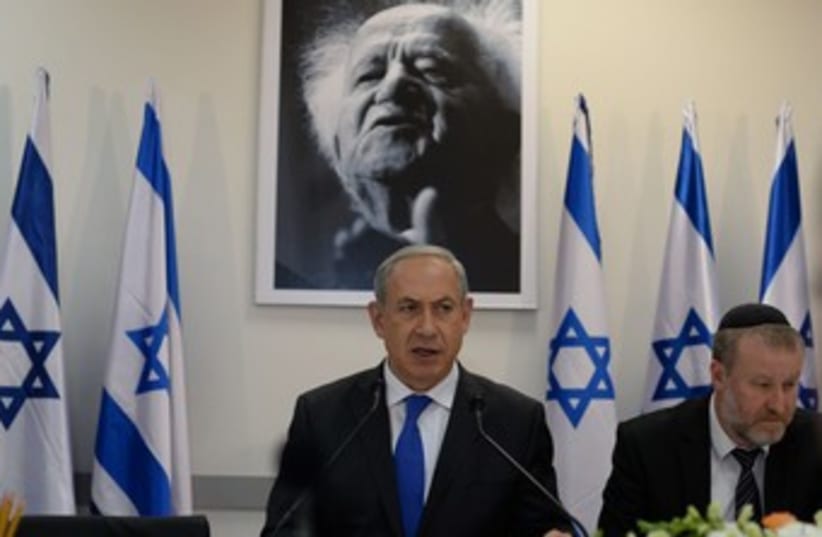Netanyahu says Israel will do everything to prevent 'bad' agreement on Iran's nuclear program
Prime minister expresses satisfaction with delay in signing interim deal; says he spoke to leaders of P5+1 countries over the weekend, warning the proposed deal is dangerous not just to Israel, but to the world.
